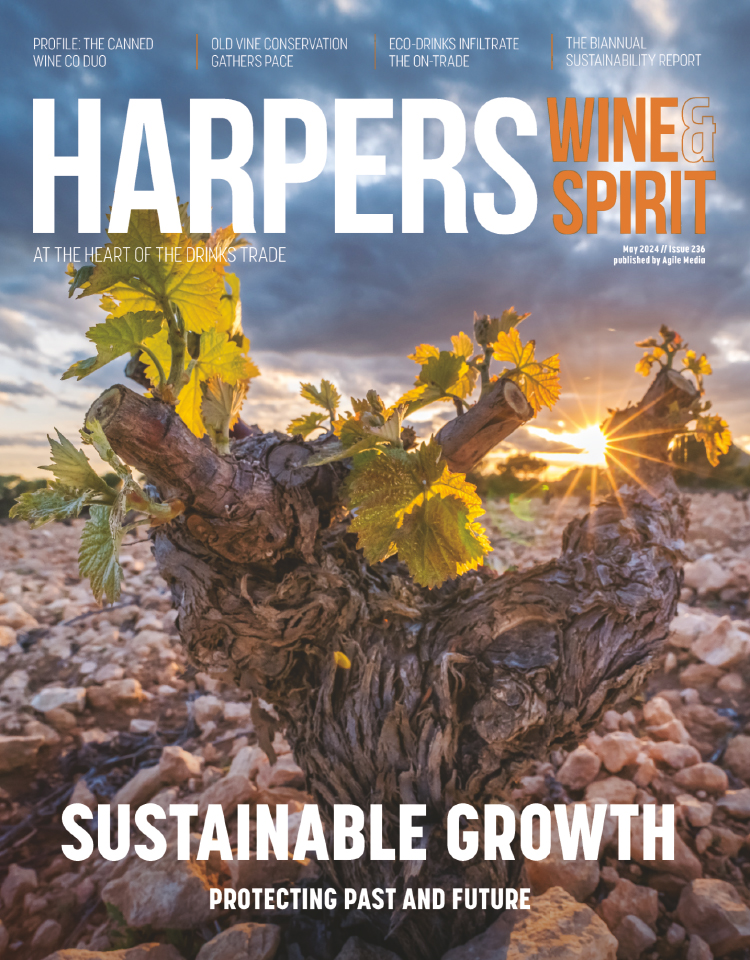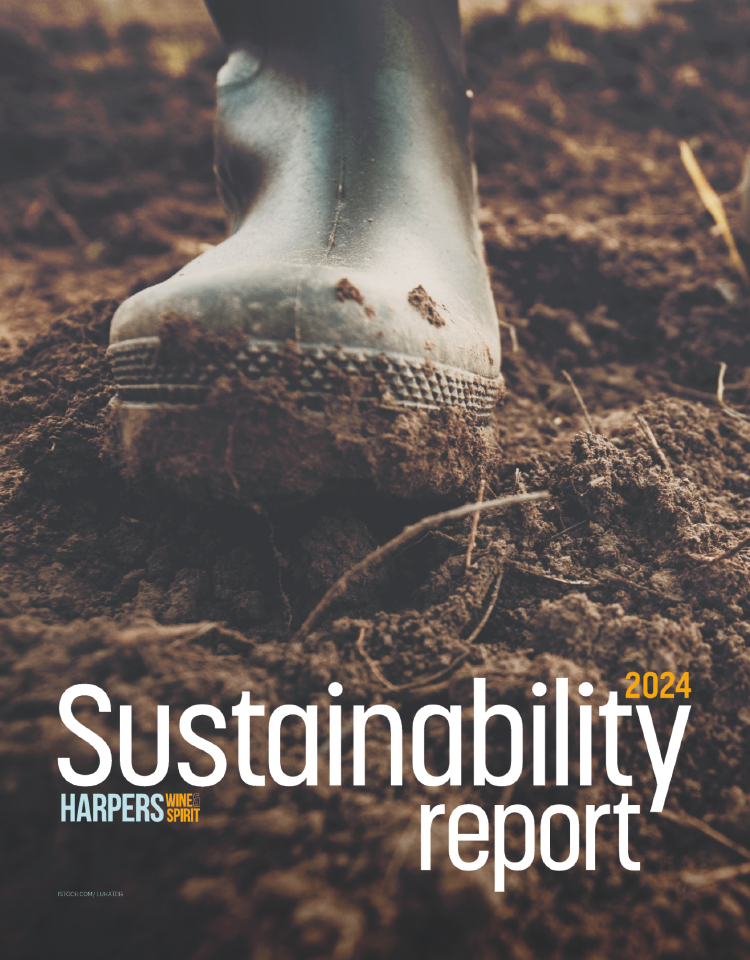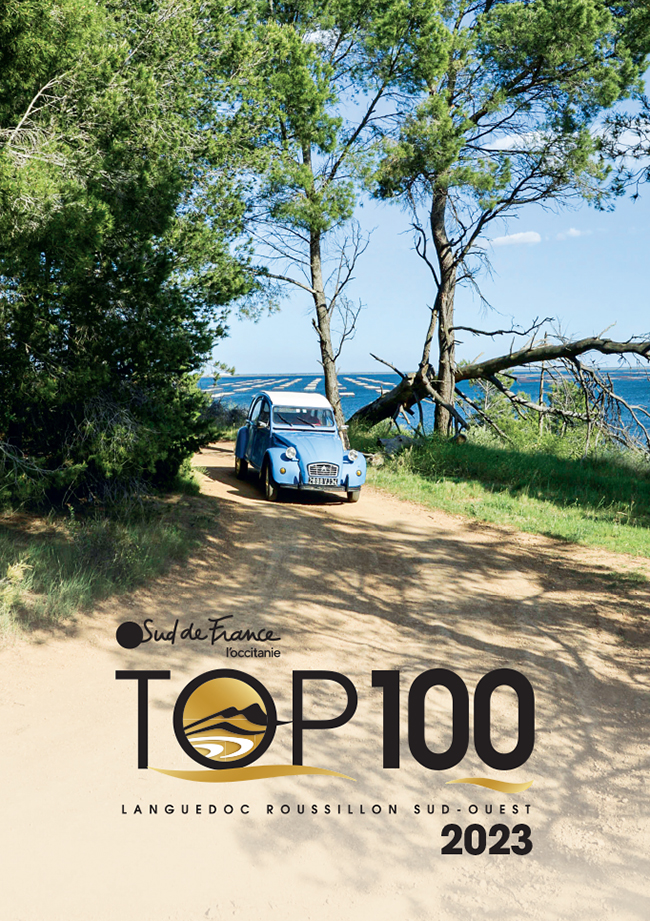
Friday read: Argentina ban adds economic tension for winemakers
Argentina can add a ban on invoices for overseas services to their woes as a number of top estates have been forced to pull out of marketing and advertising commitments abroad. It is another blow to the industry, as winemakers are forced grapple with yet more economic volatility and a situation which is increasingly creating an uneven competitive playing field in global export markets.
The economic situation in Argentina is highly complex. Inflation reached triple figures earlier this year, for the first time since the era of hyperinflation the 1990s, while the economy remains artificially pegged to the dollar. The Argentine peso is the official currency in the country. Yet, rampant inflation pushes many to ‘invest’ in US dollars as a way of keeping their savings stable.
The government has responded in recent years by restricting the amount of dollars an individual or business can access; and this in turn has led to the rise of the official exchange rate (around 350 pesos to the dollar) and the infamous ‘blue dollar’ exchange rate (approximately 700 pesos), which can be accessed by locals and tourists in technically illegal, but commonplace, exchange bureaus.
- Read more: The march of Malbec
There is also the introduction of several preferential exchange rates for various business sectors selling abroad. This includes the specific rate for agriculture, which is known as the ‘Malbec dollar’, approved in April this year.
Yet, things are becoming still more complex for Argentina’s wine producers as they grapple with an enforced ban on invoicing for services abroad.
Susana Balboa, founder of the eponymous winery, told Harpers: “Before, inflation was horrendous. Now, it’s impossible. JP Morgan recently forecasted upcoming inflation at 200%, at the lower end. We need to increase salaries monthly, otherwise our employees won’t be able to eat. Inflation happens so fast, the money in your hands is burning your hands.”
“It’s a bad situation,” added Martín Di Stefano, viticulturalist at Zuccardi. “The biggest difficulty is the services abroad. There is a lack of dollars in the country, so paying everyone abroad is a disaster. We can’t do advertising or promotions. We have a national election coming up in October, but the country has no reserves. I don’t think anything will change, anytime soon.”
Part of the struggle for wineries is that as a business, they are forced to operate via official channels – and use the official exchange rate. This makes everything much more expensive. At the moment, it is technically possible to buy manufacturing goods from abroad, such as corks and barrels. But the ban on invoices for services from abroad means there has been a mass withdrawal from advertising and PR campaigns in the UK this year.
In March, the Argentinian government announced that wine producers would be granted a preferential ‘Malbec dollar’ exchange rate from April in order to boost exports and to help vineyards struggling with an annual inflation rate of around 100%, along with extreme weather conditions affecting harvests. The Malbec dollar aimed to provide producers with a better exchange rate for 90 days when they sell their products overseas.
However, Susana Balbo argues: “The Malbec dollar was a fake position from the government. In order to access it, first you must freeze your prices in the domestic market. How are you supposed to do that with 100% inflation? It’s impossible.”
She also refers to a devaluation of the Malbec dollar, which sits “side by side with a new official exchange rate. So, the Malbec dollar disappeared. It doesn’t exist anymore”.
The purchase and import of dry goods are also far from cut and dry.
“Because when you place an order for barrels, the government requests a minimum payment term of 180 days, in order to approve the purchase. However, they then request to roll on the invoice for 90 days more. So, the payment term becomes 270 days, then another 60 days. Who is going to give you a payment term of one year? Our suppliers don’t believe we will pay. In the end they say ‘stop’,” Balbo says.
The situation is especially difficult for medium sized and small companies, which don’t have access to large credit accounts with their suppliers.
Barrels and corks have also become more expensive to make locally, with taxation at around 70%. As a result, many have been forced to resort to purchasing dry goods from abroad illegally via the blue dollar. The risk is high. If businesses are discovered, they can be banned from importing altogether.
“It’s an insane situation,” Balbo added. “It’s forcing people to break the law.”
Argentina remains the IMF’s top debtor globally. Despite being the seventh largest wine-producing country in the world (OIV 2022), the country currently owes $44 billion – ten times its current credit allowance.
Anne Bousquet, president and CEO of Domaine Bousquet, worked as an economist before joining the family business in the 1990s.
She is equally pessimistic about the situation: “The economy is dire right now and the situation is very difficult. We’re at the point where anything is going to be an improvement. The provinces in Argentina are quite independent. The Mendoza governor has been very good. It’s been amazing to see the Uco Valley become so developed and producing the top wines in Argentina and around the world.
“But I have a compost and biodynamic consultant in Brazil and I can’t pay him, because he’s a service. The government just doesn’t want money leaving the country.”
“The government has been very irresponsible in past few years,” Martín Kaiser, winemaker and viticulturist of Doña Paula, added.
“They have spent more than they have – and printed more money than they should – in order to keep the peso low and dollars cheap. I cannot pay for any services abroad. I can import barrels and corks, but advertising… I cannot pay for it. The new party is going to find a difficult situation. It’s very unstable. But I’m hoping for a new direction.”
The economic situation is very much at odds with the winemaking situation in the country, which only grows stronger and more interesting, from year to year.
For our annual feature on Argentina, see this upcoming edition of Harpers, available online and in print on 5 October.









